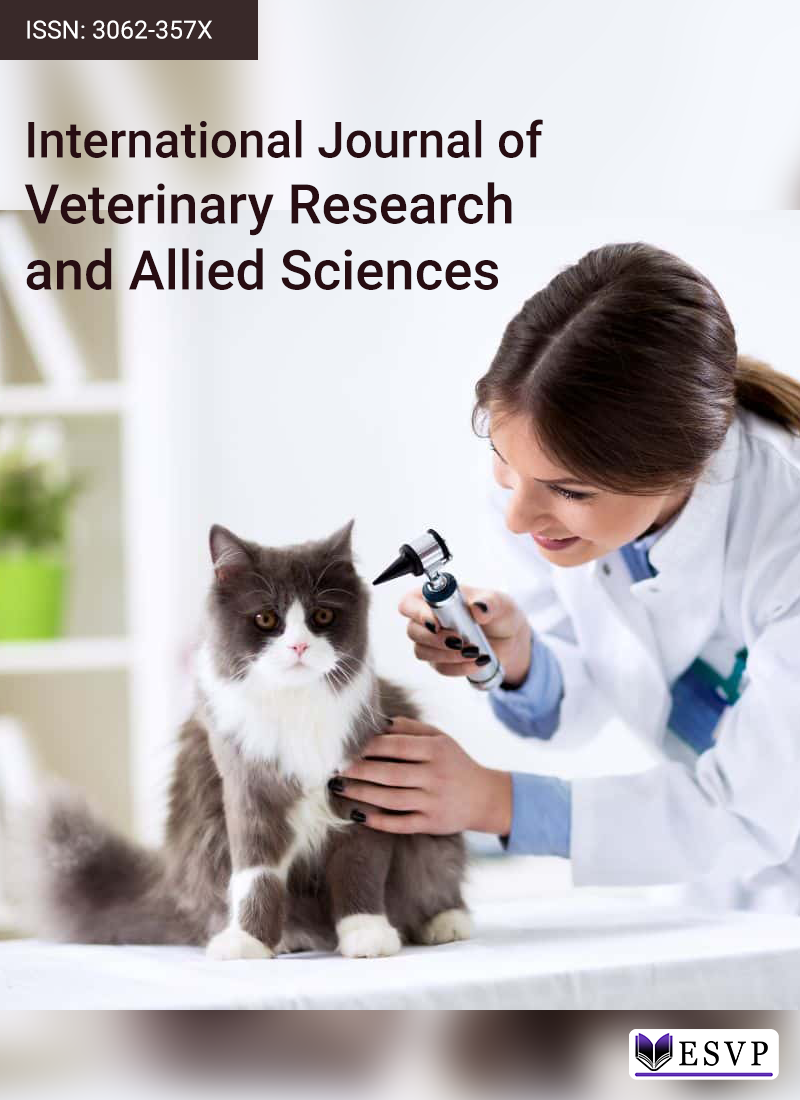
Increasing pesticide resistance has emerged as a major issue in both ecology and agriculture, complicating the control of pests and ectoparasites while exacerbating the environmental impact of chemical treatments. This paper highlights the importance of investigating insecticide resistance in the veterinary, agricultural, and medical contexts. It provides an overview of the resistance observed in ectoparasites and insect pests in different global regions against most used insecticides. The paper also describes key methods for detecting insecticide resistance in field populations. Furthermore, it summarizes recent advances in understanding the molecular mechanisms behind insecticide resistance, while identifying key research directions. The need to assess resistance profiles and monitor the potential for resistance development in field populations is emphasized. A deeper understanding of molecular mechanisms involved in resistance is crucial for the discovery of new insecticidal agents and the formulation of effective application strategies.